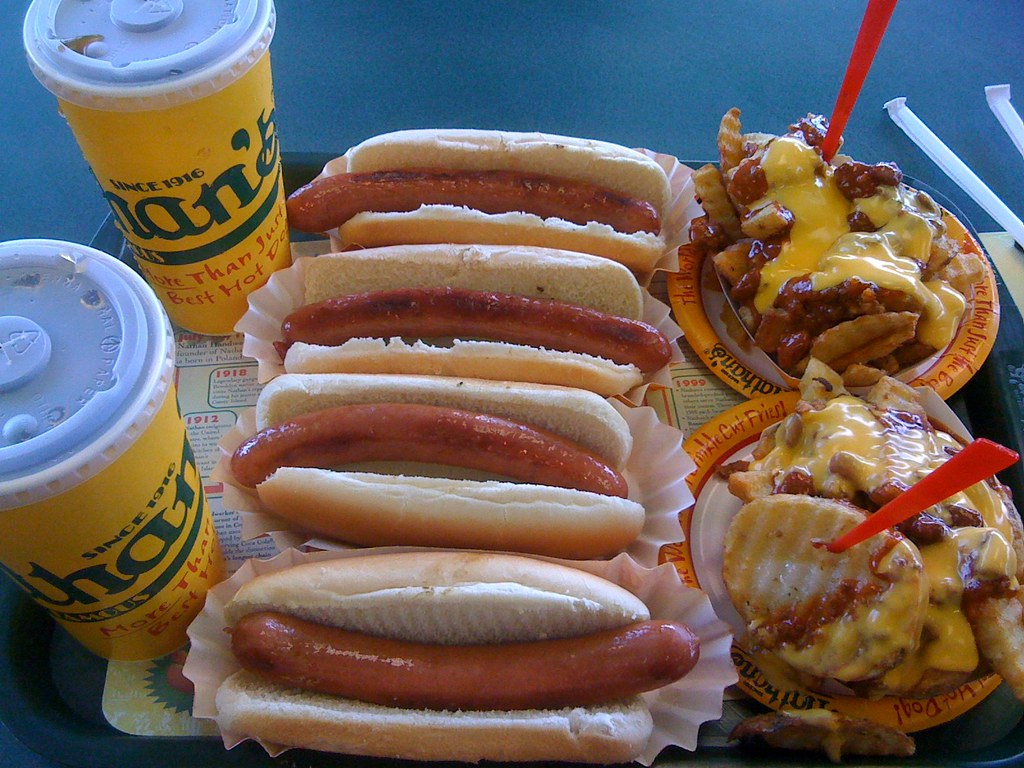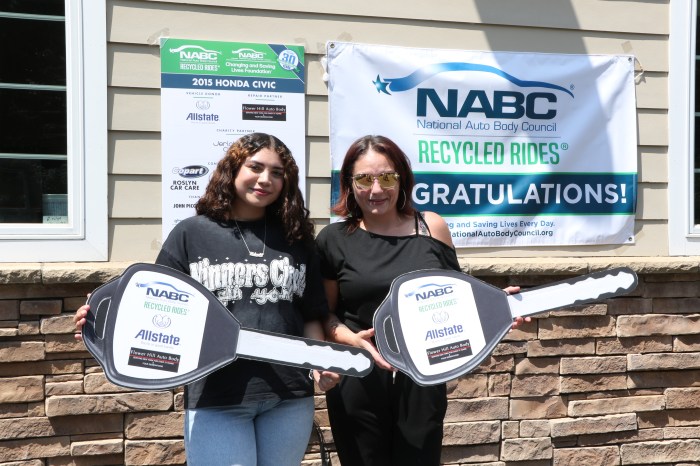Poverty-stricken Polish immigrant Nathan Handwerker was hungry to take his bite of the American dream, so he cooked up a plan sell to frankfurters in Coney Island for five cents in 1916.
At the time, that was the same price as subway fare and half the cost of franks sold by his former employer, Feltman’s of Coney Island. What may be the first fast-food restaurant price war ensued. But since current-day, Jericho-based Nathan’s Famous, Inc. has grown to a $101 million company, it’s safe to say that Handwerker’s business sense and marketing flair — epitomized by the company’s annual Fourth of July hot dog eating contest that airs on ESPN — made him top dog.
“Give ‘em and let them eat,” was Handwerker’s policy, according to The New York Times, which translated his saying to: Serve the best quality food at the best price, and customers will come running.
The company, which now includes franchise locations around the nation and a presence in 16 countries, is on a roll. It sold more than 600 million hot dogs last year.
But before the crowd pleaser became the official hot dog of Major League Baseball in 2017, it was started with $300 in savings and Handwercker’s wife’s secret spice recipe. Nathan’s second location opened on Long Beach Road in Oceanside in 1959, cementing Long Island into the empire’s legacy.
In 1968, the company went public but was still family run until 1987, when it was acquired by Equicor Group Ltd., a Rockville Centre-based private investment group, for $20 million. Its initial corporate headquarters was in Westbury, before moving to One Jericho Plaza a decade ago.
None of it would have been possible without the late namesake founder’s appetite that rivaled defending hot-dog eating contest champion Joey Chestnut’s record of scarfing 74 franks in 10 minutes.
“I always knew I was going to be in the restaurant business,” Handwerker was quoted as saying in Investor’s Business Daily. “There’s always food there. I grew up so poor, and this was a way of guaranteeing I’d never be hungry.”




































